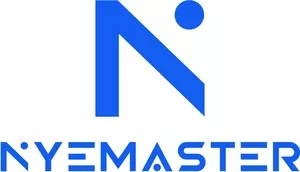As part of the client-exclusive Law & the Workplace webinar series, labor and employment attorney Mary Funk discussed how a lack of accountability may place employers at risk of liability. A culture of accountability leads to positive outcomes.
Our workplaces have changed in recent years. Whether it is because more employees work from home, different generations are working together, or it is getting harder and harder to attract and retain top talent, our workplaces feel challenging. Supervisors often report they feel like they are walking on eggshells to avoid upsetting or offending anyone . The response, whether too lenient or too rigid, leaves everyone feeling on edge and often unable or unwilling to put forth the effort to improve workplace culture. A free for all, a place where behavior has no consequences, is not the answer.
Accountability—for every member of the organization from the CEO to the newest employee—takes time, commitment and energy. When all employees operate from a place of accountability, an organization can:
- Build a better work environment.
- Reduce turnover.
- Increase productivity and profit.
- Limit liability.
Guiding Principles for Accountability Leadership
Everyone responds to stated expectations and regular follow-up. Setting clear expectations allows an organization to hold all employees accountable.
- Clear and concise communication. A clear message helps people know what's expected and how to make the right decisions.
- Compelling consequences. Leaders need to focus on consequences that produce positive outcomes, not those focused on punishment.
- Culture of accountability. Leaders set the tone. By mastering conversations that encourage accountability, leaders exert a powerful influence.
Creating a Culture of Accountability
Accountability does not begin and end with job descriptions and performance reviews. To create a culture of accountability, supervisors must:
- Set expectations from Day 1.
- Revisit expectations early and often.
- Give relevant feedback to address strengths and weaknesses.
- Provide guidance for improvement in face‐to‐face meetings and in writing.
- Provide resources to enable and encourage success and career growth.
- Define positive and negative consequences.
- Be honest.
- Build trust.
- Ask for the employee's feedback and thoughts.
- Do what they say they will do when they said they would.
- Provide meaningful training on a variety of topics.
Each workplace has individual needs. Your Nyemaster labor and employment attorney can assist you with custom training to help foster an accountable workplace. Contact your attorney to set up a training plan for your organization's leadership or to discuss your specific situation.
The content of this article is intended to provide a general guide to the subject matter. Specialist advice should be sought about your specific circumstances.


